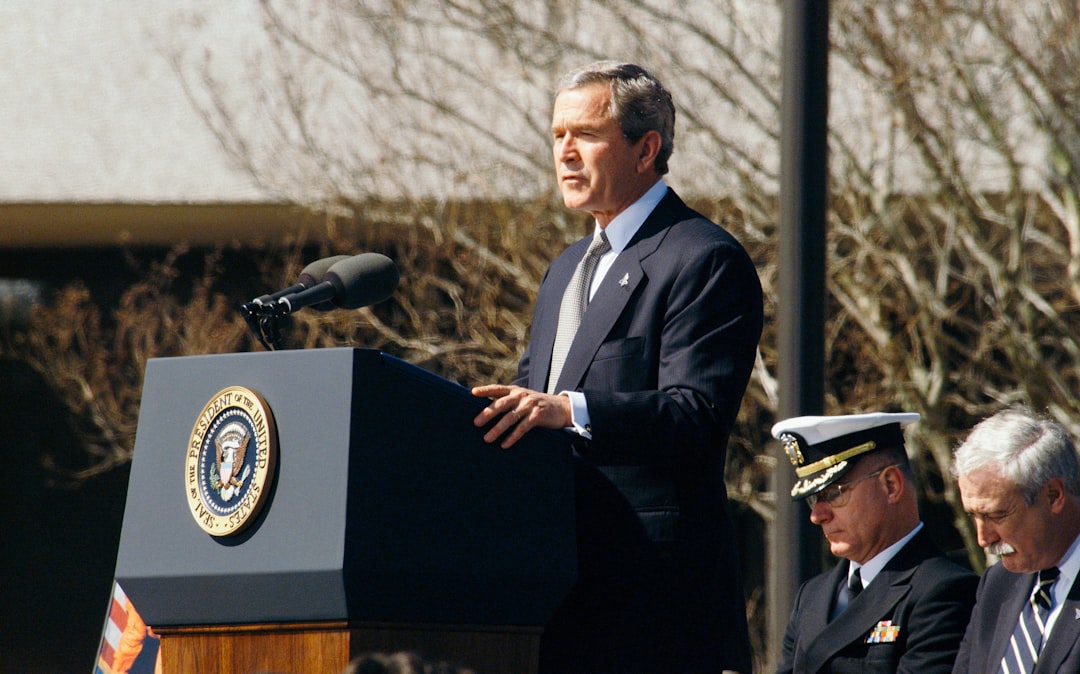What is it about?
Despite having poured billions of dollars of aid into Pakistan’s economy and its military over the years, there is a general acceptability among scholars and policymakers that the United States exercises limited leverage in Pakistan. Although India remains the centrepiece in US–Pakistan policy divergences, US frustrations often stem from the ineffectiveness of its aid-for-leverage policy, especially given Pakistan’s dependence on US military assistance. The limited US influence in Pakistan can best be understood within the framework of patron–client relationship and arms dependence. If the theory suggests anything, it is that various factors including US and Pakistan’s behaviour contribute in channelling the relationship towards its apparent demise. Most important within these is China’s central role in helping Pakistan indigenize its military production and diversify its arms supply. In that sense, then, China has colluded with Pakistan in indirectly limiting US influence in Pakistan and the trend suggests that this collaboration will further reduce US leverage over Pakistan.
Featured Image
Read the Original
This page is a summary of: Pakistan’s Dependence and US Patronage: The Politics of ‘Limited Influence’, Journal of Asian Security and International Affairs, April 2017, SAGE Publications,
DOI: 10.1177/2347797016689220.
You can read the full text:
Contributors
The following have contributed to this page










